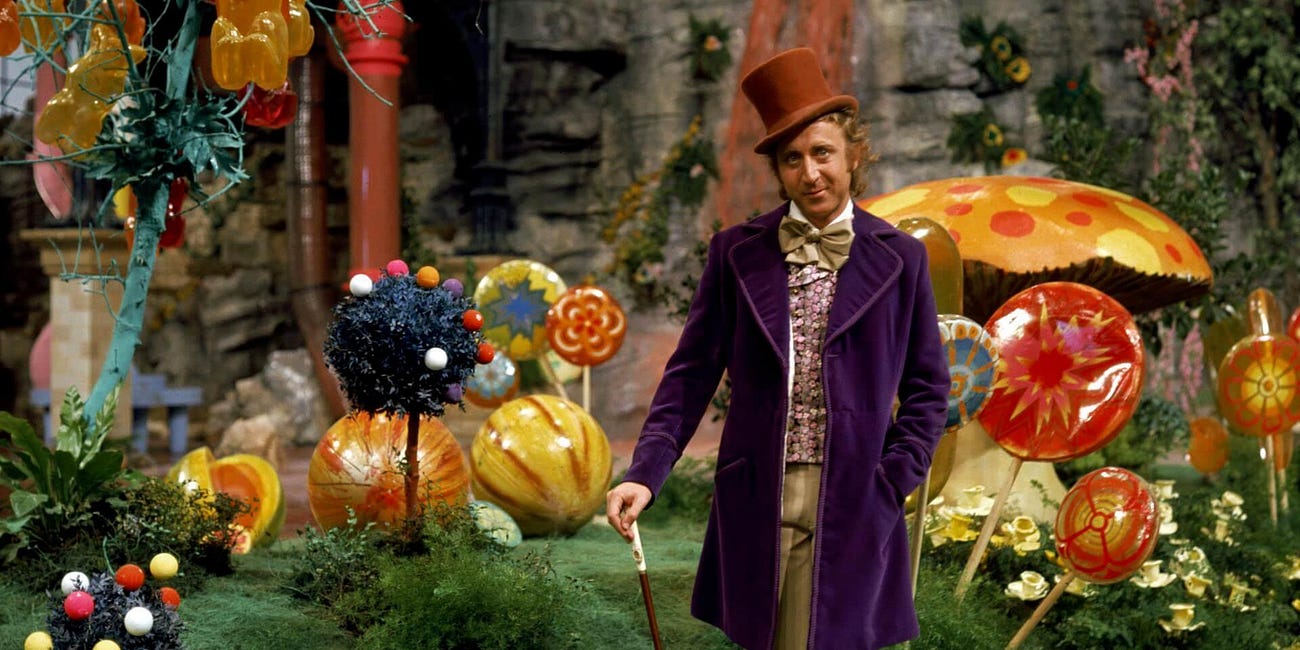Another episode, another Austin.
Today’s guest is Austin Walters, also one of my closest friends. We were each other's best men at our weddings. He is generous, deep thinking, open minded, and fearless.
When I was trying to come up with an introduction that didn't rely entirely on adjectives, what came to mind was that he is probably a more successful incarnation of Ernest Hemingway's persona than the man himself was. I can think of no one whose opinion and esteem I value more.
The first ten minutes is an audio version of my article “Candy! Candy everywhere!”
After that, Austin and I spend 30 minutes in a deep and wide-ranging conversation about navigating a culture of excess, what it means to be embedded in transactional economies, and how to transcend them.
Here are some highlights:
(edited for clarity)
Austin: I suspect we're even more diminished than we realize, given our short lifespans, at least from an evolutionary perspective. I read an article the other day that human brains were larger prior to the end of the last ice age, and it roughly correlates with the advent of farming. The dominant theory being that when, when we were hunters and gatherers, we needed to use a much broader set of skills and senses just to survive. Farming was one milestone of many that made life a lot easier, and probably more pleasant, at least for some people, and have also reduced us, in a sense.
***
JE: I have a friend who talks about how the creative act is not attached to any of its outcomes. And he's a musician, so he's thinking of songwriting, that ultimately, sitting alone in a room with a guitar and plucking out a new tune and writing a song, that exists in and of itself and is worthy of itself, independent of any of the potential outcomes. Whether it becomes recorded, whether it gets played in front of a million people, whether it makes any money, whether…whatever. But it's really hard to remember that as an artist, especially when you start to get exposed to some of the other stuff. You start to think that that's what the art is for, but it's not.
Austin: Riffing on that just for a moment, it was an insight to me that the term fine art — I used to think it meant high quality or something like, you know, fine peanuts or something—
JE: Fine dining.
Austin: Right. But really, it goes to the root of fin, as in final or finished. Fine art is art that is an end in itself. It's terminal. There is no why there is no how, it just exists.
***
Austin: It's so interesting to me just as values change, even within subcultures, this does give rise to new markets. And therefore new economies…. I think about the counter culturalists in the sixties and seventies. Their philosophies gave rise to new markets of all kinds, with respect to music, clothing, organic food — that's a big deal now, rife with problems and loopholes certainly, but it's interesting how things can change on the margin.
***
JE: The word economy is the way that we capture our transactional existence, and I don't like that. I see that it's necessary, but I also, insofar as I would want a counterbalance to consumerism, which is so dominant, maybe an economy of restraint and personal development wouldn't be based entirely on tit for tat or paying for goods and services.
Austin: I fundamentally believe in a superior structure of economy, that is the kingdom of God, and that relies on, different system, different framework, that is not reductive materially. Because a lot of what we're dealing with currently, is relying on shorthand reductive conceptions of each other. The reality is when you're dealing with people, you're dealing with beings of infinite potential, every single one, and variability. So, if we can advance ourselves mentally and spiritually, I think that we will develop better ways of dealing with each other that aren't so transactional.
Some of my ancestors experimented in the 19th century with alternative economic structures. They tried it three times and failed every time. It fell apart But I love and admire them for giving it a go, and I've got to believe that that shaped their souls in a way that was virtuous.
Your turn
I started both the newsletter and the podcast version of Dispatches from Inner Space as platforms of thoughtful conversations.
So here are some follow up questions:
What are some tools, products, or services that you think are part of the Ascetic Economy?
Is money amoral (as I argued), or is it actually the root of all evil?
What’s your favorite “candy”, and what would your life be like if you gave it up?
I would genuinely love to hear your answers, so, please,
By the way, the music for this show comes from the truly inimitable Muira,.











